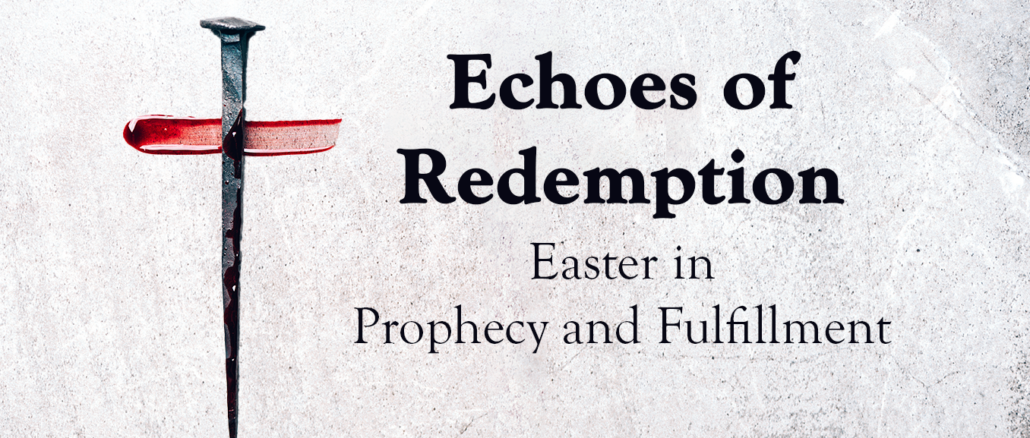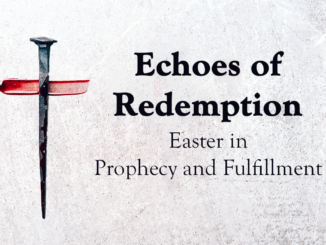
Read Psalm 118:22-23
In the bustling streets of Jerusalem, amidst the clamor of passersby and the whispers of intrigue, a humble carpenter from Nazareth walked with a sense of purpose. His name was Jesus, and his journey was leading him to a destiny prophesied in Psalm 118.
Psalm 118:22-23 echoes through the corridors of time, a prophetic whisper of the grand narrative of salvation: “22 The stone which the builders rejected has become the chief cornerstone. 23 This was the Lord’s doing; It is marvelous in our eyes.”
The imagery of a rejected stone becoming the cornerstone is incredibly significant. In ancient times, when building a structure, the cornerstone was the first and most important stone laid. It determined the strength, stability, and overall design of the entire building. To reject the cornerstone was to reject the very foundation of the structure itself.
As Jesus walked the dusty roads, teaching, healing, and revealing the heart of the Father, he encountered both adoration and rejection. He was hailed as a king one moment and scorned as a blasphemer the next. The religious leaders, those who should have recognized him as the fulfillment of prophecy, instead stumbled over him, deeming him unworthy.
The scene reaches its crescendo as Jesus, the rejected stone, is led to Calvary’s hill. The weight of the world’s sin rests upon his shoulders as nails pierce his hands and feet. The mocking voices of the crowd mingle with the agonized cries of the Savior. In that moment, it seemed as though darkness would triumph over light, death over life.
But the story does not end there.
But the story does not end there.
In the quiet stillness of a borrowed tomb, hope stirred. The rejected stone, cast aside by men, became the cornerstone of God’s redemptive plan. On the third day, the earth shook, the stone was rolled away, and Jesus emerged victorious over sin and death. The rejected became the resurrected, the cornerstone of a new creation.
In the aftermath of Easter morning, the disciples grappled with the reality of Jesus’s resurrection. Doubt warred with faith, fear with hope. Yet, as they encountered the risen Christ, their doubts melted away, replaced by a steadfast conviction that Jesus was indeed the fulfillment of prophecy, the cornerstone upon which their faith was built.
The implications of Psalm 118:22-23 reverberate throughout the ages, inviting us to examine our own lives in light of its truth. How often do we, like the builders of Jesus’s day, reject the very cornerstone upon which our lives are meant to be built? How often do we stumble over Jesus, preferring our own wisdom and understanding?
Yet, even in our rejection, Jesus extends grace. He is the cornerstone that never crumbles, the foundation upon which we can securely anchor our lives. In Him, our brokenness finds healing, our doubts find assurance, and our rejection finds acceptance.
On the third day, the earth shook, the stone was rolled away, and Jesus emerged victorious over sin and death. The rejected became the resurrected, the cornerstone of a new creation.
Reflective Questions:
- Reflecting on Jesus’ journey to the cross, how does his experience of rejection resonate with moments of rejection or opposition you have faced in your own life? How does His response to rejection challenge your own attitudes and behaviors?
- Psalm 118:22-23 portrays Jesus as the cornerstone, the foundation upon which everything else rests. What areas of your life have we built without Christ as the cornerstone? How can you realign your priorities and choices to ensure Christ holds that central place in your life?
- Jesus extends grace even in the face of rejection, offering acceptance and healing to all who come to him. How can you extend that same grace to others, especially to those who may have rejected or hurt you? What steps can you take to embody the love and grace of Christ in your relationships and interactions with others?



